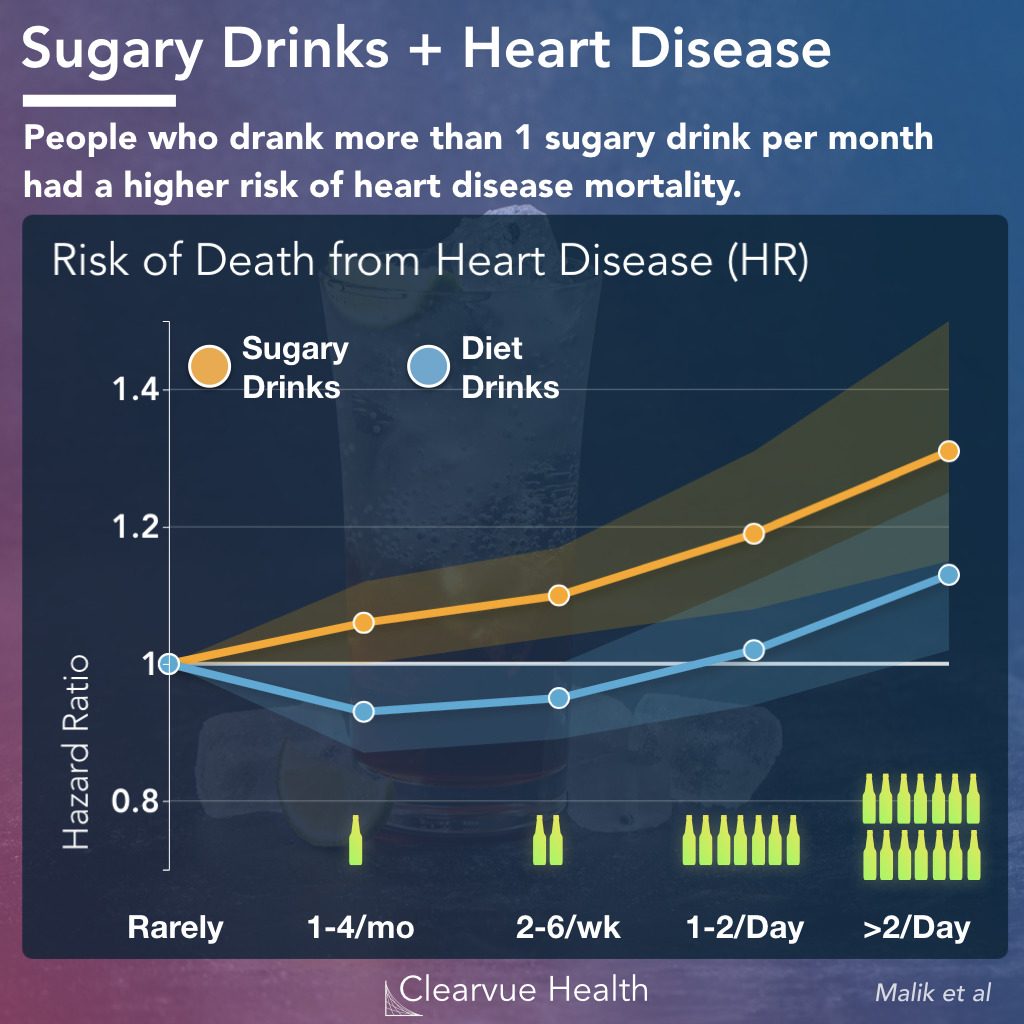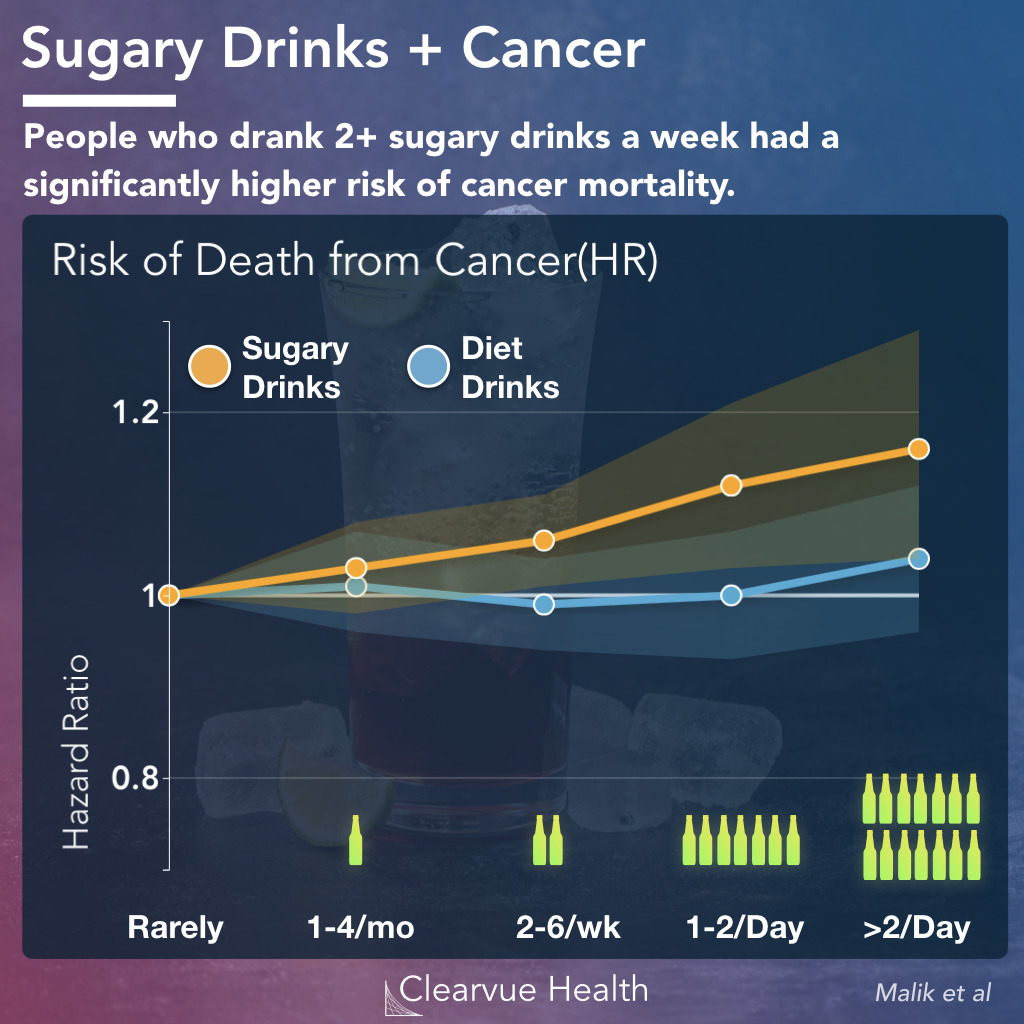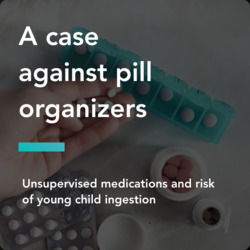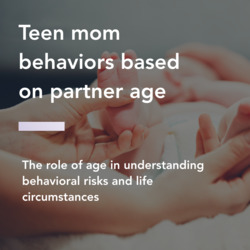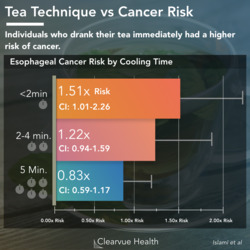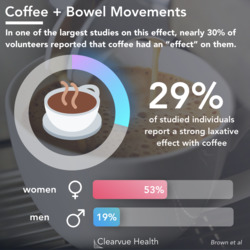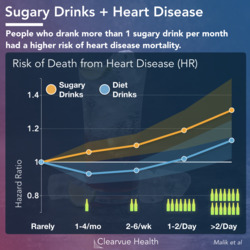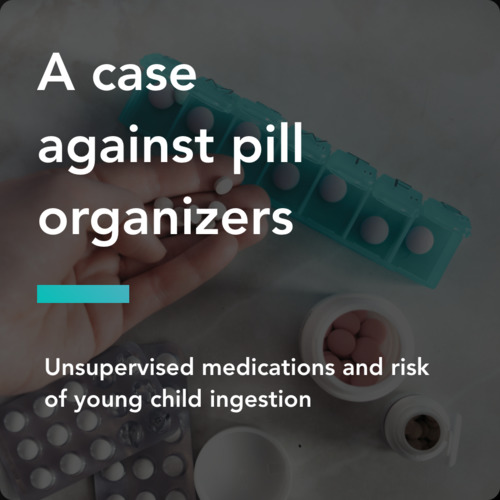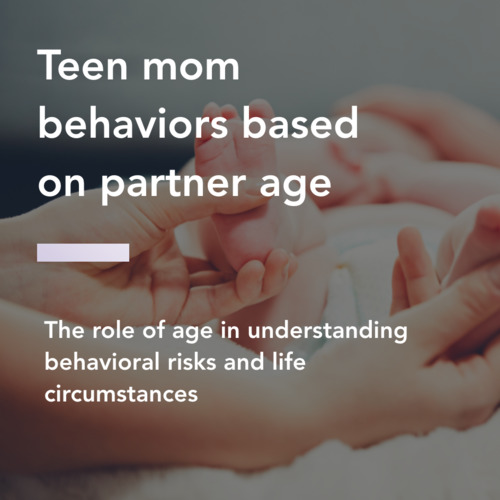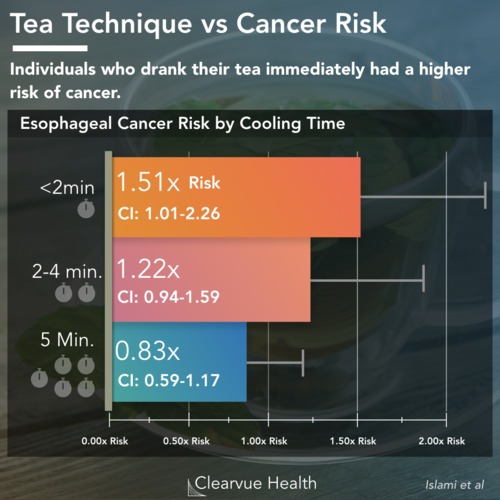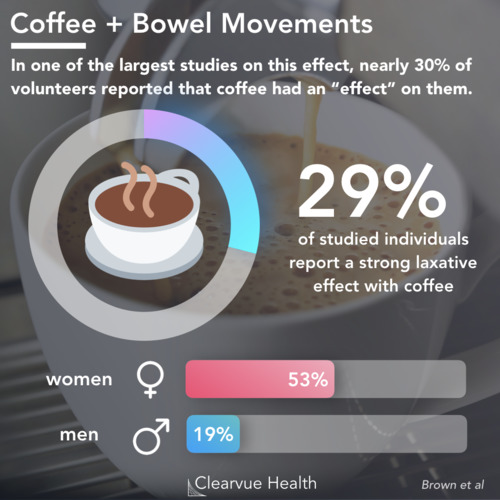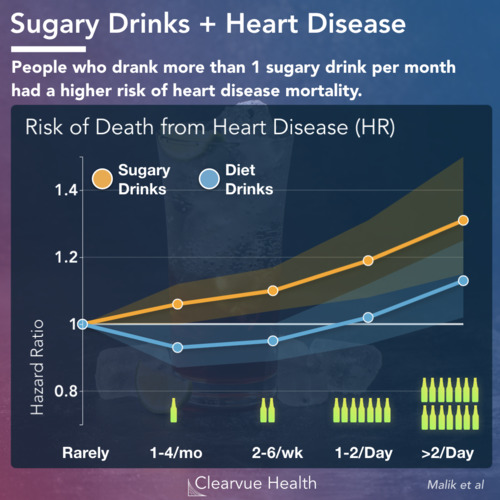How Much Water Should Kids Drink?

Figure 1: How Much Water Should Kids Drink? According to the Institute of Medicine of the National Academies, kids should be drinking more water as they grow older. Kids aged 4-8 should be drinking 5 8oz cups of fluids a day. Girls ages 9-13 should be drinking 7 cups of fluids a day. Boys ages 9-13 should be drinking 8 cups of fluids a day. Girls ages 14 and older should be drinking 8 cups of fluids a day, and boys should be drinking 11 cups a day.
The Institute of Medicine of the National Academies, one of the most preeminant institutions in medicine, conducted a large study looking into just how much fluid girls and boys need to drink as they grow older.
Reseachers published over 100 pages of data and research on water intake alone to come up with the above guidelines on how much water kids should be drinking every day.
These are meant to be general guidelines. Drinking when thirsty is typically just fine.
Beverages such as soda, juice, and energy drinks count towards the "cups." However, as the research below shows, water is truly the best drink.
Source: Dietary Reference Intakes for Water, Potassium, Sodium, Chloride, and Sulfate
Water, Soda, and Calories in Kids

Figure 2: Water, Soda, and Calories in Kids. 1/5 kids in America do not drink any water at all. Kids who drank water also drank fewer calories from sugary drinks. The blue line represents the caloric intake from sugary beverages among kids who drink water. The orange line represents caloric intake from kids who don't drink water. The areas around the lines represent the margins of error.
A new study confirms what moms and schoolteachers have known for centuries. When it comes to beverages, water is best.
Kids today are bombarded with ads promoting the latest beverages. This has generated billions for the beverage industry. However, these beverages often loaded with sugar and empty calories.
1/5 kids in America do not drink any water at all, according to this study.
As kids grow older, they tend to drink more calories from sugary beverages. Kids who don't drink any water, not surprisingly, drink even more calories from sugary beverages such as soda.
After age 12, kids who don't drink water at all drank nearly 300 calories a day from sugary beverages. Given that a pound of fat contains 3,500 calories, this additional intake can lead to a lot of extra pounds in a year.
Source: Association of Caloric Intake From Sugar-Sweetened Beverages With Water Intake Among US Children and Young Adults in the 2011-2016 National Health and Nutrition Examination Survey
Water Intake and Calorie Intake by Race

Figure 3: Water Intake and Calorie Intake by Race. 1/5 kids in America do not drink any water at all. Kids who drank water also drank fewer calories from sugary drinks. The "disparity" in calorie intake from sugary beverages was greater in white kids. White kids who did not drink water drank more than 100 calories more per day from sugary beverages.
Researchers also looked at trends based on race, and found that white children of all ages who did not drink water took in far more calories from sugary beverages. Kids who drank water drank around 100 calories from beverages. However white and black kids who did not drink water drank over 200 calories a day from sugary drinks.
Source: Association of Caloric Intake From Sugar-Sweetened Beverages With Water Intake Among US Children and Young Adults in the 2011-2016 National Health and Nutrition Examination Survey
Related: Kids are becoming less active
Along with calories from sugary beverages, kids inactivity may also be contributing to childhood obesity.
A study that followed kids from ages 6-12 found that kids became far less active by age 11. Kids spend more time sitting and less time moving around. 6 year olds spend far more time moving than sitting. By age 12, this nearly reverses with kids spending nearly as much time sitting as they do moving. Girls in particular are at risk of being too sedentary.
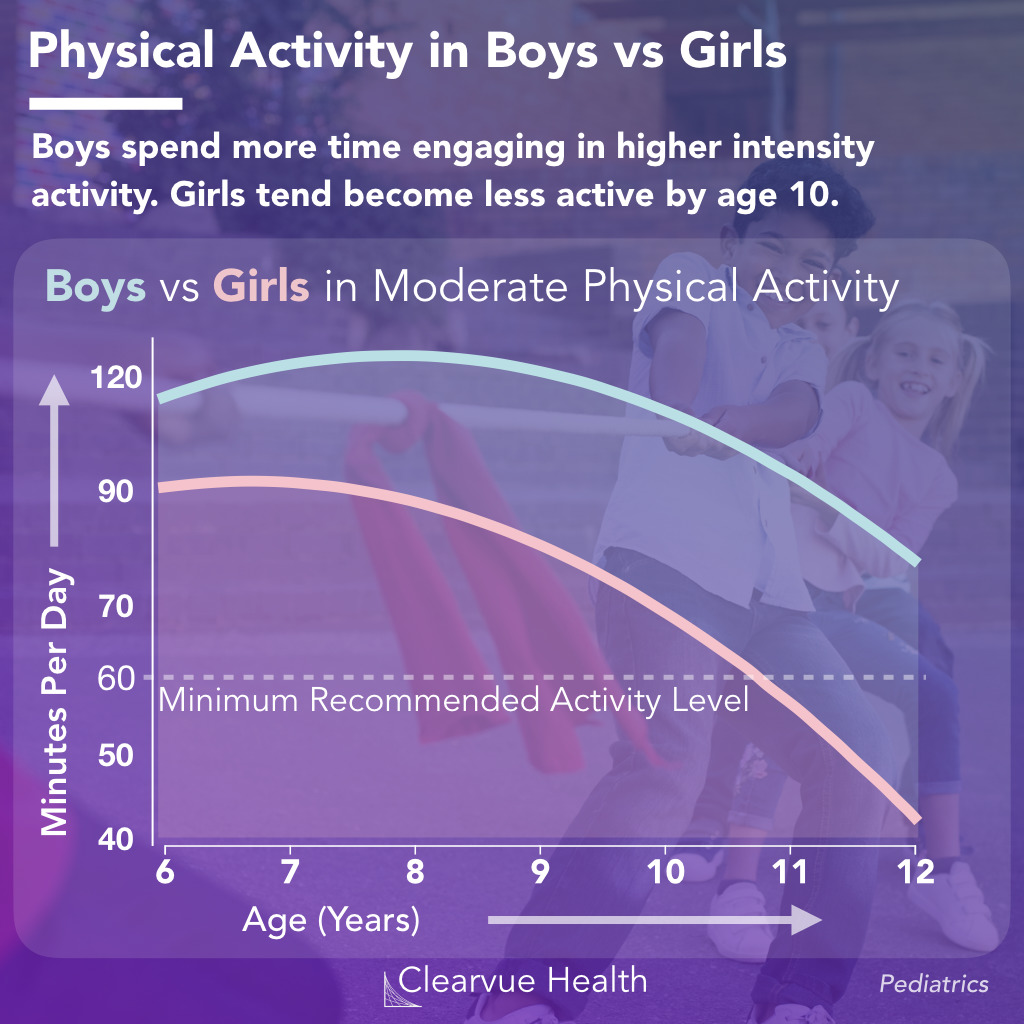
Related: Sugary Drinks & Heart Disease
A study on adults has shown that diet soda may be healthier than sugary soda.
A new study has linked sugary drink consumption with an increased risk of death. Researchers followed over 100,000 healthcare professionals over several decades. They found that drinking diet drinks may significantly reduce mortality risk.
Key Takeaways
This research confirms that kids should be drinking more water. At the very least, they should be drinker fewer sugary beverages. Sugars in drinks add to obesity and fat, without offering significant nutritional benefits.
This is a significant issue that pediatricians are concerned about. As a leading pediatrician writes:
“
On average, children are consuming over 30 gallons of sugary drinks every year. This is enough to fill a bathtub, and it doesn't even include added sugars from food. As a pediatrician, I am concerned that these sweetened drinks pose real – and preventable - risks to our children's health, including tooth decay, diabetes, obesity and heart disease. We need broad public policy solutions to reduce children's access to cheap sugary drinks.
Natalie D. Muth, MD, MPH, RDN, FAAP
Source: AAP and AHA Endorse Suite of Policies to Reduce Kids' Consumption of Sugary Drinks




